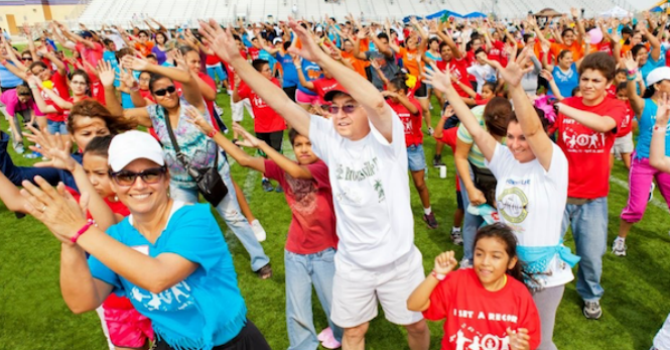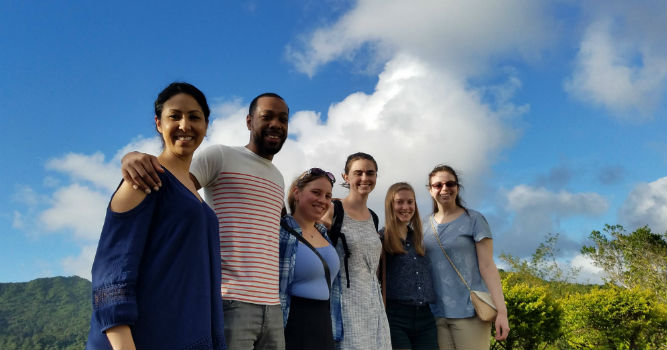Structural Barriers to Behavioral Interventions: Public Health in Action at South Texas

Mislael Valentin-Cortes
February 24, 2018, Health Behavior and Health Equity, Students, Health Equity, Practice
As public health professionals, we often inform our interventions on the social determinants of health and how behavioral factors deeply influence health outcomes. However, it is important to keep in mind that behavior is, in large part, determined by the socioeconomic, cultural, and environmental conditions in which individuals live.
Over the past few weeks, this idea has been present in my mind as I have been preparing to embark on a field experience as part of the Public Health in Action course. This experience will consist of working with the "Tu Salud Sí Cuenta" program in the US/Mexico border in South Texas during spring break. This program seeks to improve physical activity, improve nutrition, and promote healthy lifestyles in order to reduce the incidence of obesity which disproportionately affects the Hispanic population in the region.
Although I have previously worked with health promotion programs by implementing behavioral interventions, what stands out the most of this experience is the context in which I'll be working in. This community and I share a cultural connection as I am Hispanic/Latino myself, yet the social challenges the residents of Cameron County face are very particular considering there is a high number of immigrants in the area.
Given the current political climate, the oppression this population is facing has put them at a disadvantage and has made them underserved when it comes to socioeconomic factors, social welfare programs, and health interventions. What concerns me the most is that because of the aforementioned issues and the constant threat of deportation, many of the undocumented residents of the area opt to stay inside their homes unless absolutely necessary. This threatens their physical health given that it is harder for them to exercise and go to the supermarket to get healthier food. But it also can harm their mental health, as they can become socially isolated in a new country, as they struggle with acculturation and persecution.
Keeping this in mind, I cannot help but ponder on how effective behavioral interventions might be within this community if we do not address the underlying social factors that are putting them at a disadvantage and hindering their health in the first place. How can we make a sustainable impact with so many barriers in place?








